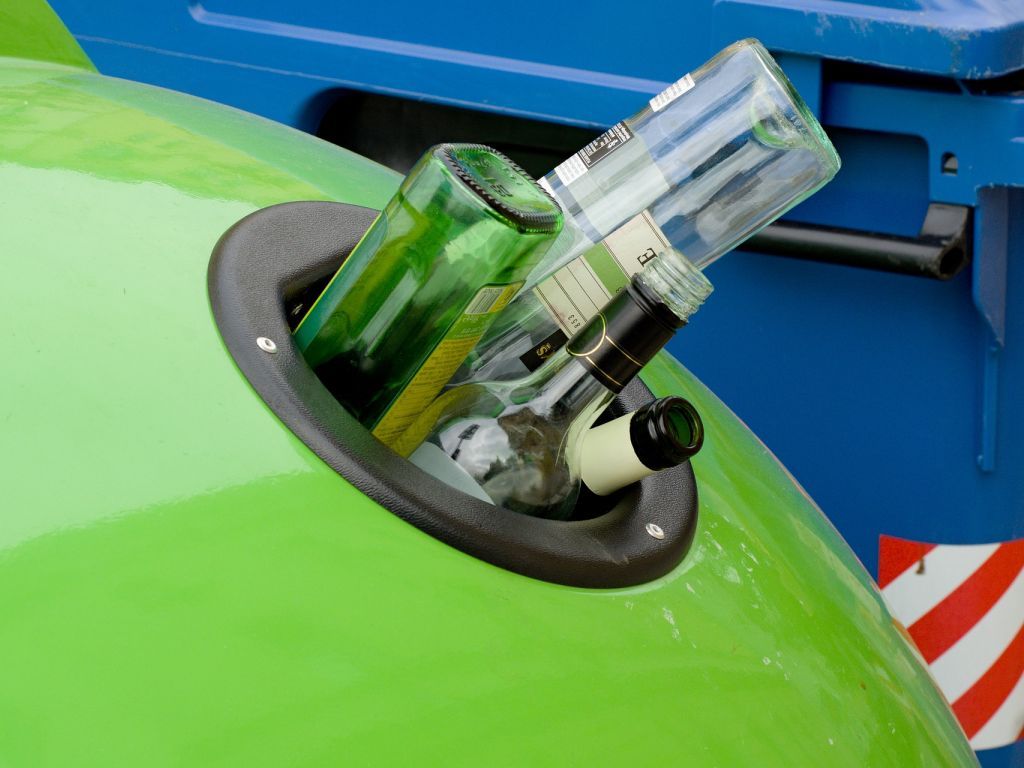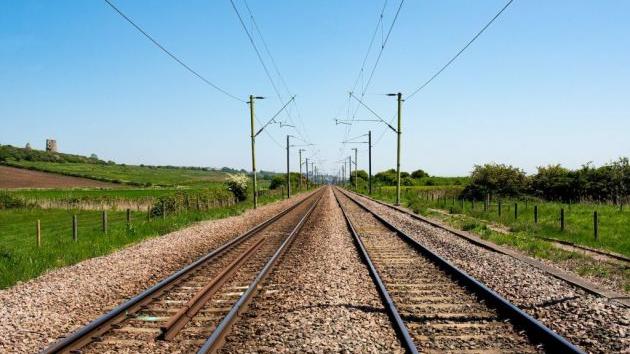How the Finnish Managed to Recycle 93% Drink Bottles and What Serbia Can Learn
 Wednesday, 31.08.2022.
Wednesday, 31.08.2022.
 11:25
11:25

It all began in the 1950s, and today, in Finland, nearly every bottle and can is recycled, whereas an average citizen of Finland returns 373 bottles a year. How? The key to success, in one word, would be – simplicity. Automatic bottle devices are located in the places where people buy drinks, the amount of the deposit is high enough to motivate the consumers to return the packaging, and a network of informal collectors, who pick up the packaging littered in parks and public spaces, making cities clean, functions as well.
In 2020, the Finnish returned more than two billion bottles and cans, which is 93% of the total quantities sold in the country. According to the EU directive regarding single-use plastics, until 2029, 90% of plastic drink bottles need to be recycled. Since Finland reached that goal several years ago, this system is drawing more and more attention as a potential solution for other countries.
The first programs for the recycling of bottles began in Finland back in the 1950s. Today, throughout Finland, there are nearly 5,000 machines for the returning of bottles. Most are located in shops and kiosks which also sell drinks, which makes the returning of bottles a simple routine for the shoppers. Hotels, restaurants, offices and schools return bottles through their suppliers.
The deposit is between 10 and 40 eurocents, and the system covers bottled water, as well as alcoholic and non-alcoholic drinks in cans, glass bottles and PET bottles.
Plastic bottles are worth 20 to 40 eurocents depending on the size, cans are worth 15 eurocents, and glass bottles 10 to 40 eurocents.
The use of automatic devices is simple. The machine sorts out bottles and issues a bill, and the cash register operator refunds the money based on the bill. An important part of the system are unofficial collectors who pick up bottles in parks and streets, thereby contributing to keeping cities clean, especially after large outdoor celebrations.
One of the dilemmas of the countries which currently plan the implementation of a deposit system is who is to run the process – the state or companies. In Finland, the task is entrusted to the private sector, the company Palpa, whose owners are big drink producers, whereas 200 other companies pay a membership fee.
According to their data, the production of a new can made of recycled aluminum requires only 5% of the energy required for the making of a can from non-recycled materials, whereas the making of new glass from recycled glass consumes 30% less energy compared to production from scratch.
M. D.
Naš izbor
Most Important News
06.04.2024. | Agriculture
Preconditions for Placement of Fresh Blueberries and Dried Plums in Chinese Market Secured

16.04.2024. | News
Jovan Ciric, Leasing Director Retail MPC Properties – MPC Echo symbolizes our desire for good ideas and innovative endeavors to spread freely and bring about positive changes

16.04.2024. | News
10.04.2024. | Finance, IT, Telecommunications, Tourism, Sports, Culture
Creative Industry – What This Serbian Economy Sector Worth EUR 2 Billion Encompasses

10.04.2024. | Finance, IT, Telecommunications, Tourism, Sports, Culture
23.04.2024. | Construction, Transport
Tender for first section of Belgrade-Nis fast railroad from Velika Plana to Paracin announced

23.04.2024. | Construction, Transport
16.04.2024. | News
Economy Fair in Mostar opens – 26 companies from Serbia exhibiting

16.04.2024. | News
22.04.2024. | Industry, Transport
Serbia to develop project of “flying taxis” for EXPO with Airbus – Signing of memorandum announced

22.04.2024. | Industry, Transport


 Izdanje Srbija
Izdanje Srbija Serbische Ausgabe
Serbische Ausgabe Izdanje BiH
Izdanje BiH Izdanje Crna Gora
Izdanje Crna Gora


 News
News







